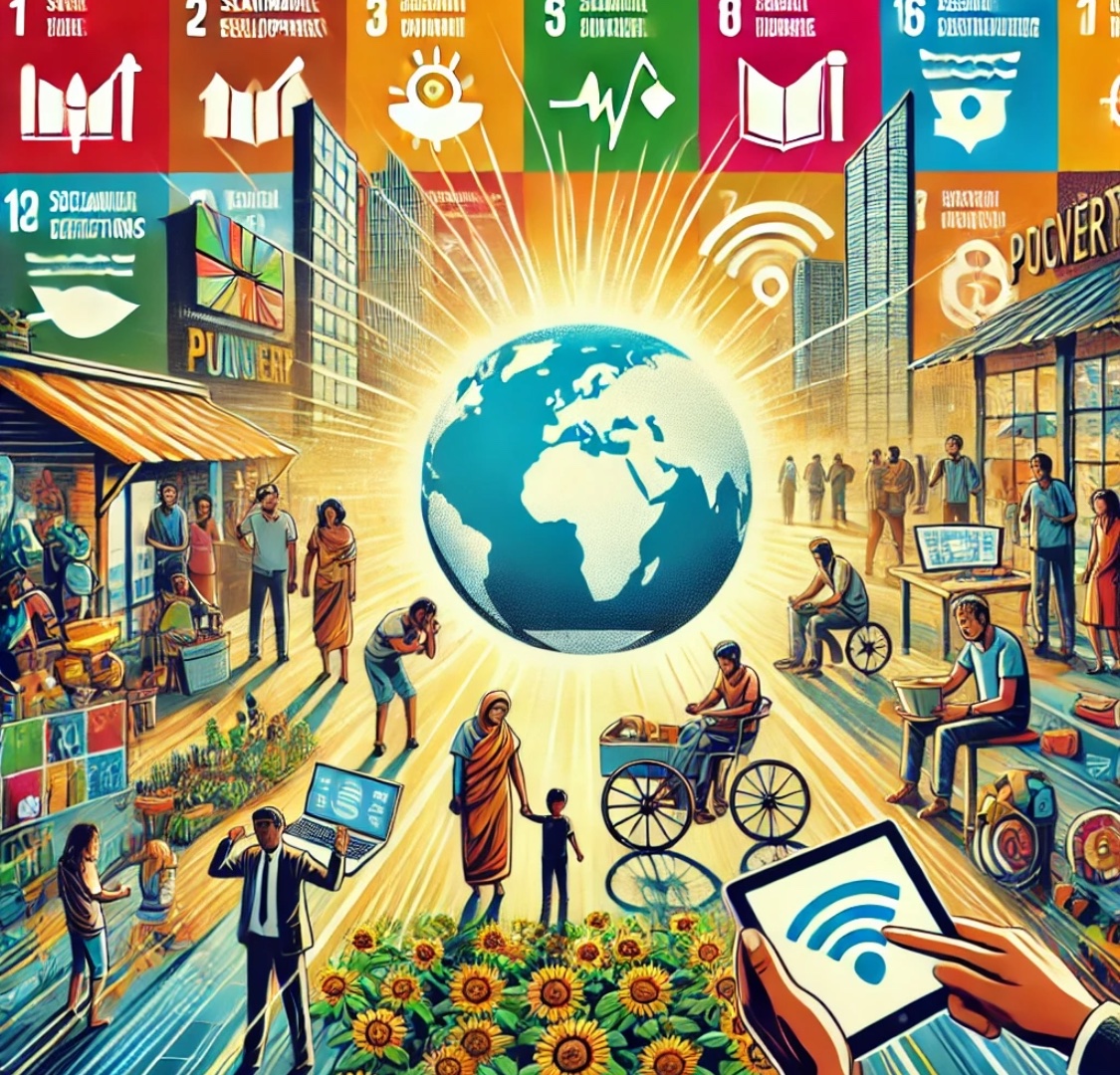In today’s world, the notion of sustainability has transcended being a mere buzzword and has evolved into a fundamental aspect of responsible business practices. Companies and individuals alike are increasingly aware of the ripple effect that their actions can have on society, the economy, and the environment. At the core of this realization is a commitment to sustainability—a recognition of the need to prioritize projects and initiatives that generate long-term positive impacts for both people and the planet.
The Triple Bottom Line: People, Planet, and Profit
Sustainability is often described using the framework of the “triple bottom line,” which balances three critical areas: people, planet, and profit. Rather than focusing solely on financial gains, businesses and organizations are now held accountable for the broader social and environmental consequences of their work.
- People (Social Impact): Sustainability begins with acknowledging the well-being of people affected by our actions. Whether it’s ensuring fair labor practices, providing safe and inclusive working environments, or contributing to the betterment of local communities, social responsibility is at the forefront of sustainable projects. For example, companies that engage in ethical sourcing and fair trade directly improve the quality of life for workers across the globe.
- Planet (Environmental Impact): The environmental aspect of sustainability focuses on reducing harmful ecological impacts and promoting environmental stewardship. This involves taking steps such as minimizing carbon footprints, reducing waste, and promoting renewable energy sources. The importance of sustainability in combating climate change cannot be overstated. Reports from organizations like the United Nations emphasize the urgent need to cut greenhouse gas emissions and preserve biodiversity in order to secure a healthier future for our planet (Newsroom | Accenture).
- Profit (Economic Impact): Economic sustainability goes beyond generating profits—it is about ensuring long-term financial health without depleting resources or exploiting communities. Sustainable businesses invest in practices that promote resilience, such as resource-efficient processes and circular economies, which help reduce waste and improve productivity. According to a study by McKinsey, businesses that embrace sustainability often outperform their peers in financial markets by mitigating risks and capitalizing on new opportunities in the green economy (Stock Analysis).
The Role of Businesses in Driving Sustainability
Businesses, particularly those in influential sectors like technology, manufacturing, and energy, play a pivotal role in driving global sustainability efforts. By prioritizing projects with a positive sustainability impact, companies can become leaders in sustainable development while maintaining competitive advantages.
- Sustainable Innovation: Many companies are integrating sustainability into their core strategies through innovations that reduce environmental impact and enhance societal value. From green building practices to the development of energy-efficient products, sustainable innovation is shaping the future of business. For instance, tech giants like Google and Apple have committed to reducing their carbon footprints by adopting renewable energy across their operations and making their supply chains more sustainable .
- Corporate Social Responsibility (CSR): Beyond profit-making, CSR initiatives allow businesses to contribute to broader societal goals. By engaging in charitable activities, investing in local communities, and supporting educational and environmental programs, companies enhance their reputation and foster a culture of giving back. Research from the Harvard Business Review shows that customers increasingly prefer brands that prioritize sustainability and social responsibility, leading to enhanced brand loyalty .
Why Iconet Prioritizes Sustainable Projects
At the heart of Iconet values is the belief that sustainability is not just an option, but a responsibility. Every project we undertake is evaluated for its potential to create a positive impact on society, the economy, and the environment.
By prioritizing sustainability, Iconet is helping to:
- Reduce our ecological footprint: We make conscious choices to minimize waste, energy consumption, and carbon emissions, contributing to a healthier planet.
- Support communities: Our projects are designed with a focus on benefiting the people around us—whether through job creation, community development, or improving access to essential resources.
- Foster innovation: By embracing sustainability, we are continually driven to innovate and explore new technologies and practices that align with our values.
- Ensure long-term success: Sustainable practices are key to ensuring the long-term success of our operations, reducing risks associated with environmental degradation and social unrest.
Conclusion
Sustainability is about making choices that positively impact society, the economy, and the environment. By prioritizing projects that align with these values, we commit to a future where business success goes hand-in-hand with the well-being of our planet and its people. As the world continues to grapple with challenges like climate change and social inequality, we stand firm in our belief that our work can—and must—be a force for good.
Let us all embrace sustainability, not just as a trend but as a fundamental principle guiding our decisions and shaping our collective future.




Leave a Reply